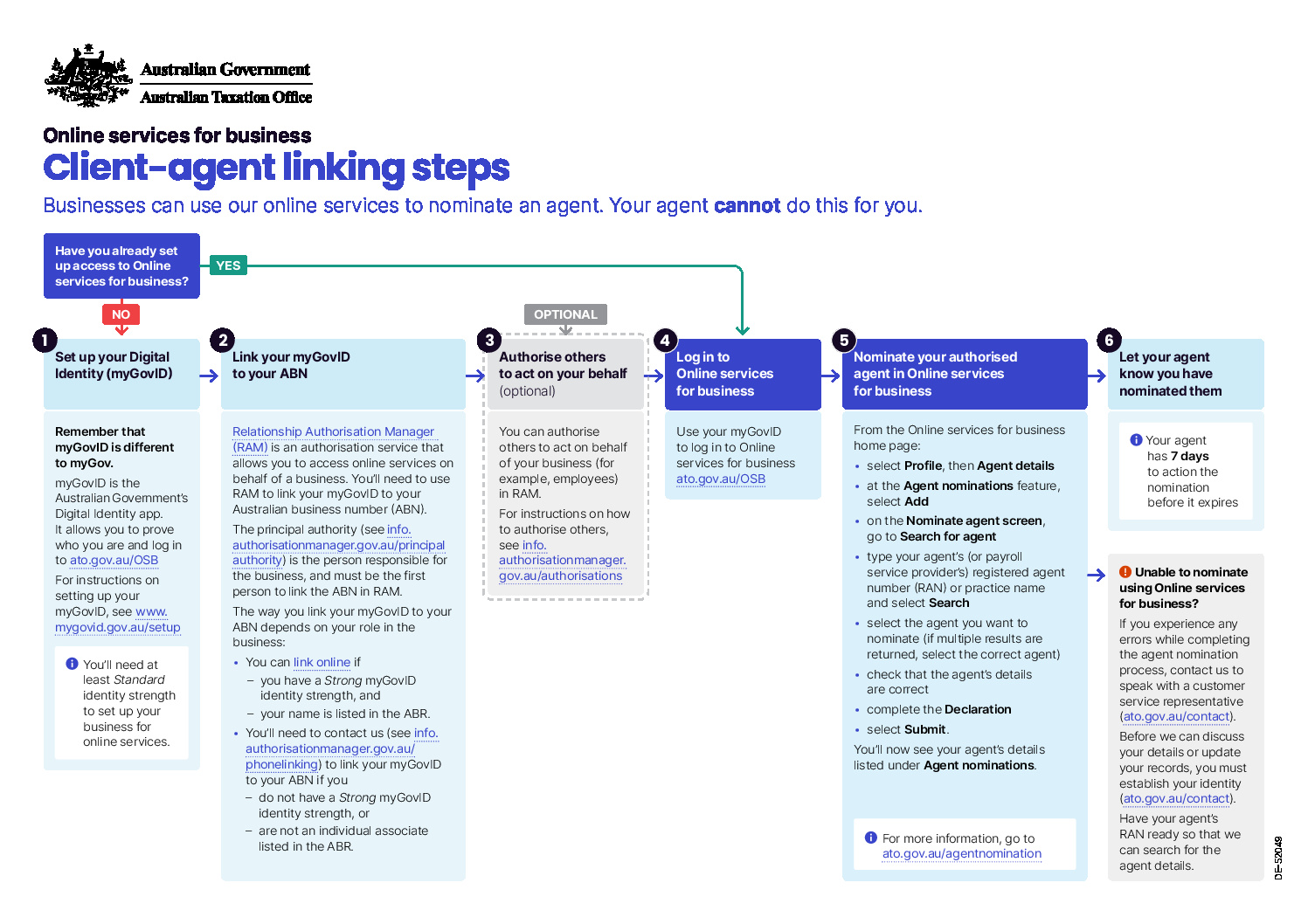Saving: a swear word for some, near impossible for most, but a necessity for those who understand the importance of their future.
When you were a kid, getting pocket money probably gave you great delight in dreaming of all the ways you could spend the money. After all, you were in charge now of that precious gift, not your parents. For most of us as young children, it probably meant a trip to the corner store and it was spent on a bag of mixed lollies.
So there is a silver lining with the demise of the corner store: our kids of today don’t get to waste their money there. Yes, they have other things to spend it on, but maybe with the introduction of many parents paying the pocket money into a bank account we are creating more savers than spenders. Or are we?
Suncorp Bank Australians’ Saving Habits Report in 2015 indicated Generation Y consumers as Australia’s best savers. The report indicated they prefer to save for a holiday rather than the bricks and mortar, saving on average about $533 per month. The age group of 25 to 34 have certainly impressed because it was once the baby boomers who once held the title, coming from a more thrifty time of living. The fact that the age bracket we are praising tends to stay at home longer could have something to do with it.
So what are some tips on how to save our money the most effectively?
7 tips on how to save money
1. Set up a bank account that is not with your bank
Obviously, the more money you can lock away without the ability to touch it, the easier it is to accumulate. So the best option, assuming you don’t have any current property debt, is to set up a bank account which is not with your current bank, such as an online bank, where money can be automatically transferred to it on a regular basis. If you feel you are not disciplined to set this up yourself, you could ask your employer to have a portion automatically deposited into the account direct from your pay packet.
2. Save money with your mortgage
If you are a mortgage holder, one of the most effective places to have this regular saving paid to is into your mortgage. This means in addition to your monthly/weekly payments. This way you are maximising the interest rate you are effectively earning on the saved amount, as you are reducing the effective interest expense you are paying off. It doesn’t earn you any more money as such but saves you money in the long run.
3. Name and claim your bank account
If the general word “saving” makes you ill, then rename the account to the item you are saving for. For example, get the bank to call it your Holiday Account, which indicates what you are saving for, rather than just a savings account. Name it and claim it!
4. Be ahead of the game – save for a rainy day
You should always be thinking about the “rainy day” ahead and storing up what you think is a working capital requirement to keep your household functional if the “just in case” moment strikes. Should you lose your job, or work is needing to cut back, then you need to know that the next month’s expenses could possibly be covered.
5. Don’t short change the small change
Nothing is too small to save. If you don’t use your loose change left over in your wallet, but rather gather this over a period of time in a tin or “piggy bank”, then you may be surprised how much this can add up over time. The secret is first in the accumulation, then have it counted and most importantly, deposited. But always have a purpose for why you are collecting it this way.
6. Try to be a Super Saver
The ultimate saving place is into your superannuation fund. Sure you can’t touch it until you’ve reached 60 but accumulation this way could change your future dramatically. If you don’t know about how you should speak with your accountant or financial advisor. The best thing about saving into super is you can do this out of your pre-tax earnings and your post-tax earnings, depending on what’s best for you.
7. Use resources like Apps
And if you can’t do it on your own, there are Apps now that can help you with not only saving but budgeting and getting out of debt. When choosing the best one to use, always check the reviews and the features they are offering to make sure this is what you need.
Saving for savings sake is not what this is about. You must have a goal or a reason behind what you are saving for and then feel comfortable to spend that money when the time is right.
And then you should also look beyond saving in just a normal bank account. As you accumulate funds it is wise to branch out and explore other ways to invest your saved dollars. This is where a good financial planner comes to the forefront and becomes an integral part of achieving your plan.
If you really don’t know how to start saving, then take some time out on your next weekend and discover what you could save for. Setting a goal is the first step in shaping your future.













